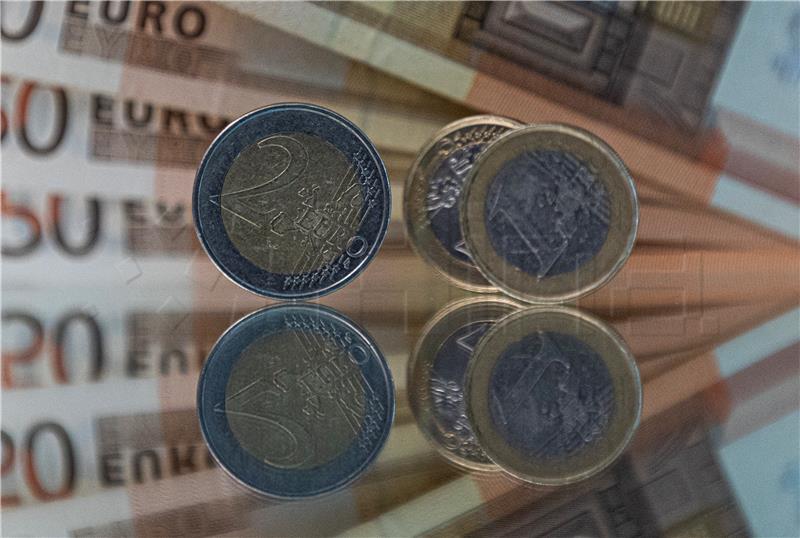Croatia’s average monthly net wage reached €1,444 in June, up 9.8% in nominal terms and 5.9% in real terms compared with a year earlier, the national statistics bureau (DZS) said on Wednesday.
On a monthly basis, the average wage fell 0.5% in nominal and 0.7% in real terms. The median net wage stood at €1,233, down 0.2% from May but 11.5% higher year-on-year.
By sector, the highest net pay was recorded in air transport at €2,279, while clothing manufacturing posted the lowest at €926. Gross wages averaged €2,008, up 10.4% annually in nominal terms and 6.5% in real terms.
Workers logged an average of 165 paid hours in June, 5.2% fewer than in May. The average net hourly wage was €8.45, rising 4.2% on the month and 5.1% year-on-year.
Comparison with regional peers
Croatia’s wage levels remain among the highest in the Western Balkans, though still below euro zone averages.
- Slovenia, an EU neighbour and euro zone member, reported an average net wage of about €1,500 in May, slightly above Croatia.
- Serbia’s average net wage stood at around €850 in June.
- Bosnia and Herzegovina reported an average of roughly €700.
- North Macedonia trailed at about €720, less than half Croatia’s level.
- Montenegro’s average net salary was around €820 in June.
- Albania’s average monthly net wage was about €640, according to official data.
- Kosovo recorded one of the region’s lowest averages, at about €560.
Croatia’s stronger wage growth reflects both the effects of euro adoption in 2023 and persistent labour shortages, particularly in tourism and services, economists say.
Still, rising wages have been partly offset by high inflation in recent years, though price growth slowed in 2024, allowing real earnings to recover.



